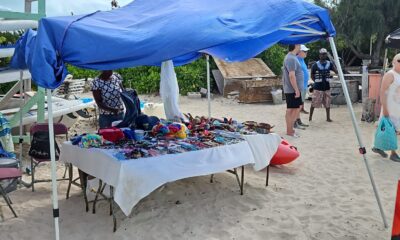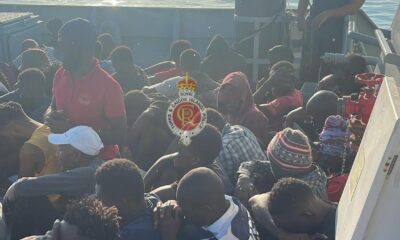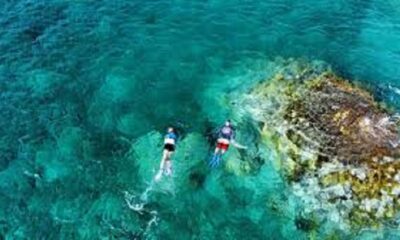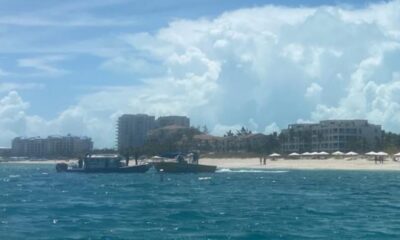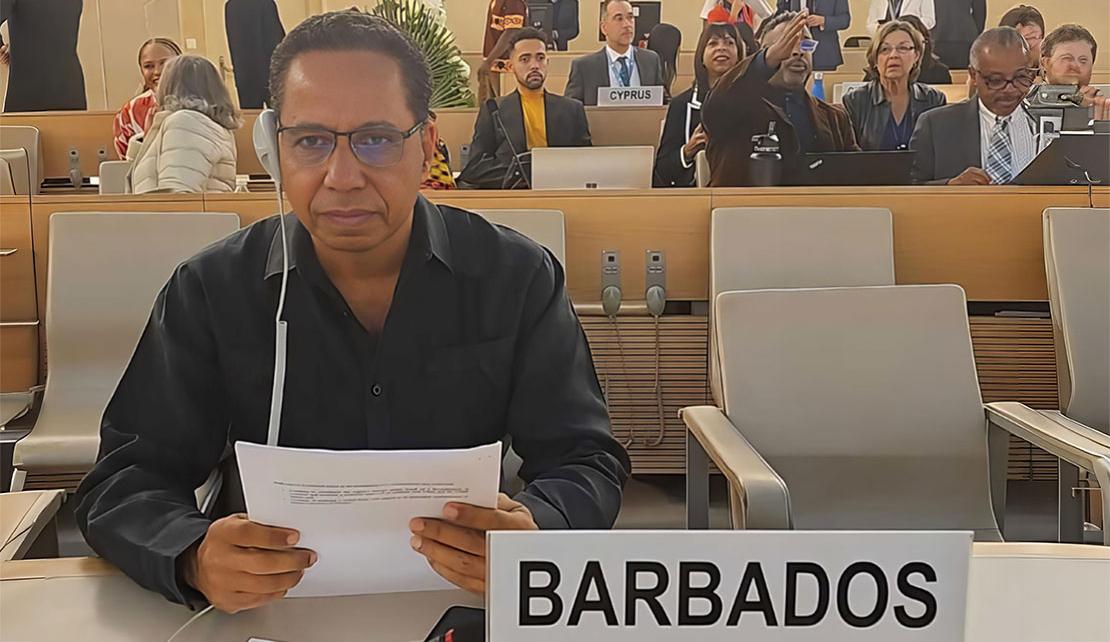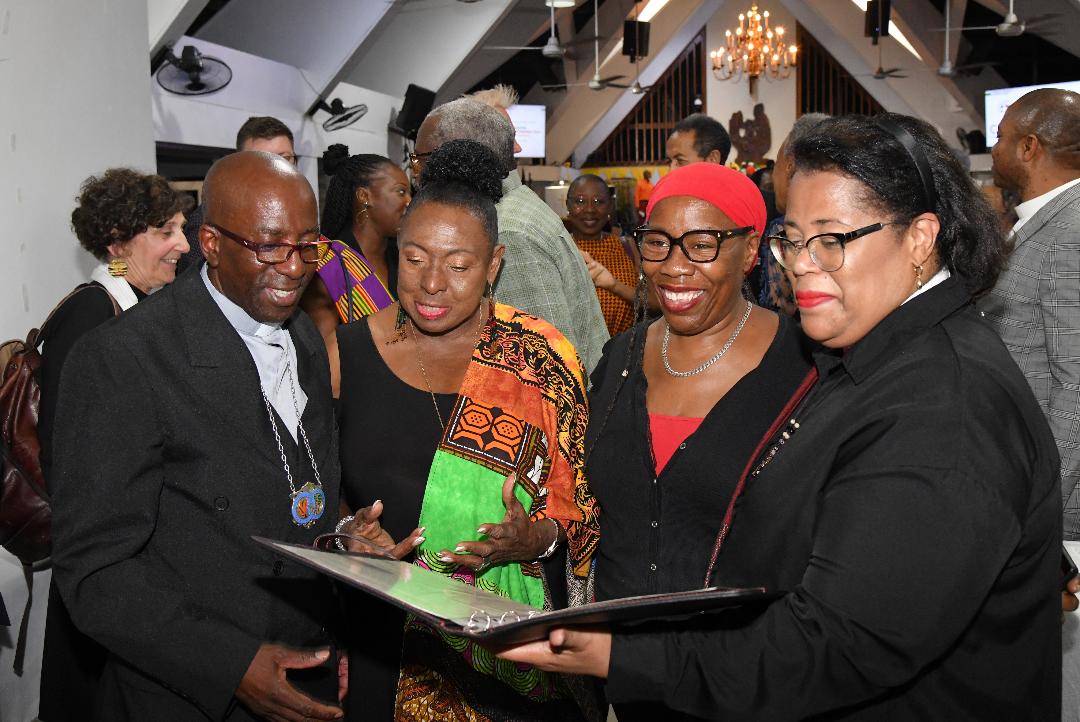Caribbean News
TCI First in Caribbean for UKs Blue Belt Marine Protection program; gets $1M vessel for DECR
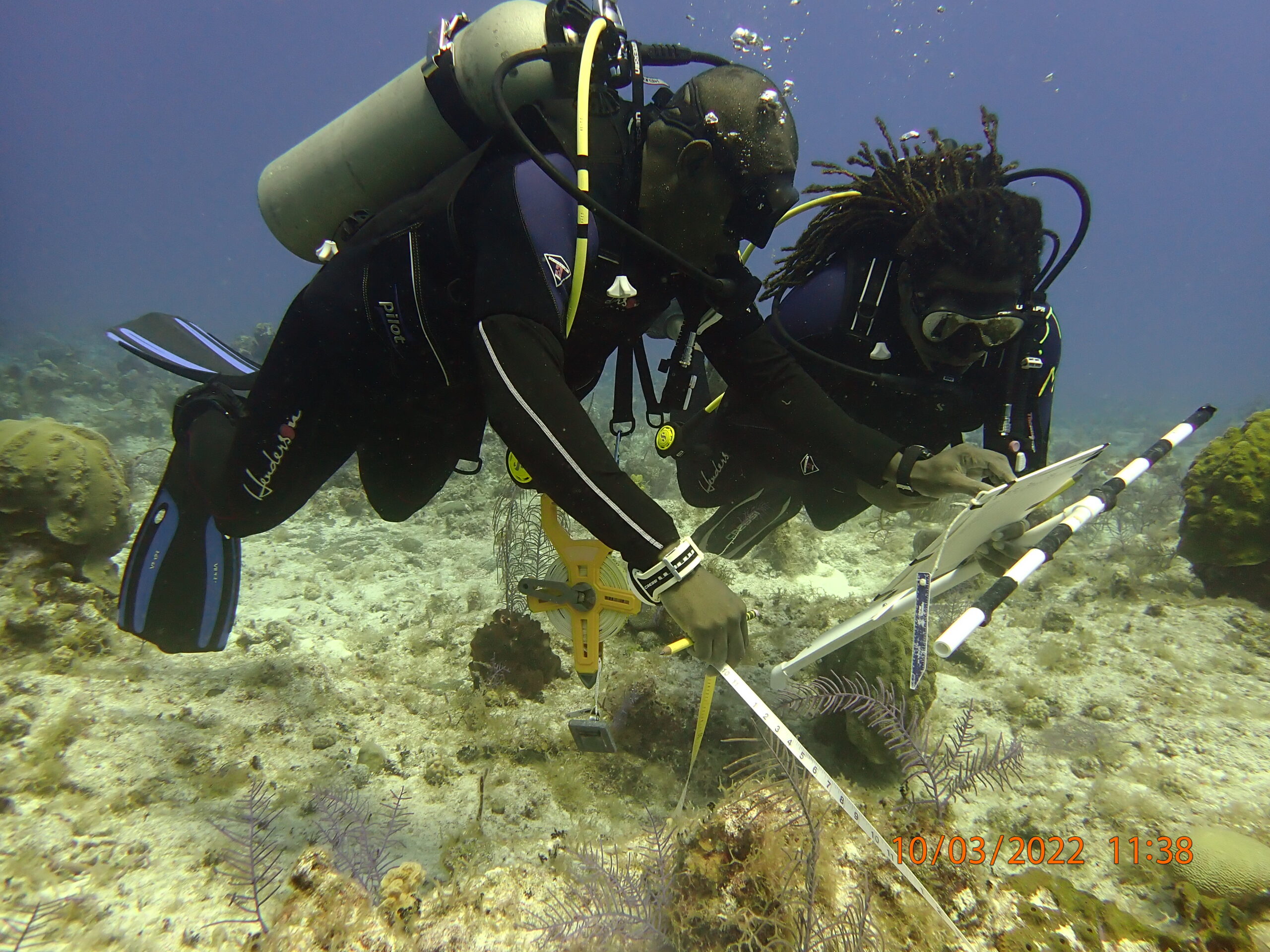
Caribbean News
CARICOM pushes need for Reparations Tribunal at Forum in Geneva
Caribbean News
CARICOM sends warning as Oil prices creep higher in the Israel v Iran conflict; 14 regional states import energy
Caribbean News
Gov’t Committed to Seeking Reparations for Chattel Slavery – Minister Grange
-
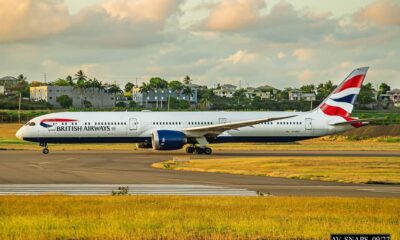
 Caribbean News1 week ago
Caribbean News1 week agoBarbados welcomes new aircraft
-

 News1 day ago
News1 day agoDR man rented Jet Ski nine days ago in Providenciales; where is he now?
-
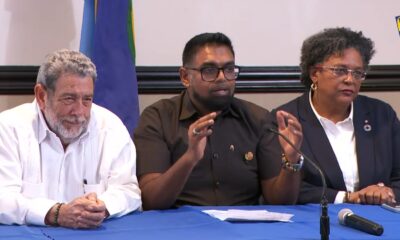
 Caribbean News1 week ago
Caribbean News1 week agoHaiti political update and Trinidad and Tobago not sending troops for mission
-
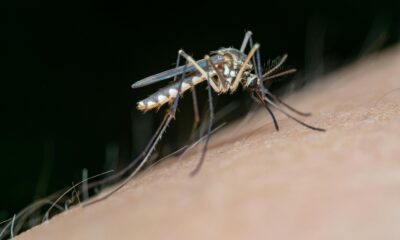
 Health1 week ago
Health1 week agoDengue passes 1000 deaths mark in Brazil
-

 Health1 week ago
Health1 week agoTURKS AND CAICOS ISLANDS PARTICIPATED IN EIGHTH MEETING OF NATIONAL HIV/AIDS PROGRAMME MANAGERS AND PANCAP SHARE FAIR
-

 Caribbean News3 days ago
Caribbean News3 days agoCARICOM, UN applauds published decree establishing Haiti’s Transitional Government
-

 Caribbean News6 days ago
Caribbean News6 days agoHaiti Gang Firearms more than Police – UN says where they come from.
-

 Health1 week ago
Health1 week agoChildren and Teens Vaping, Royal TCI Police say “IT IS NOT SAFE!”


